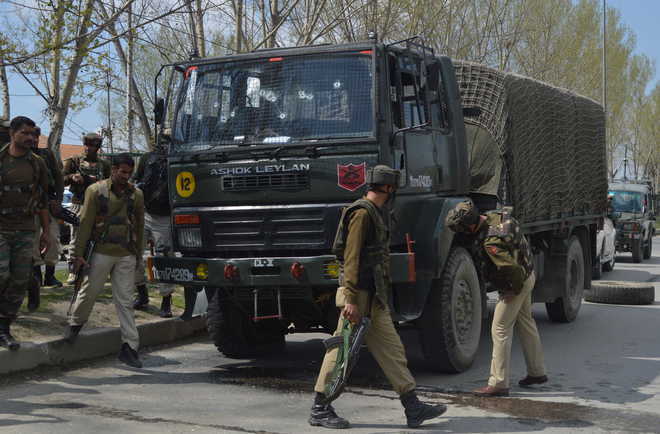

In the cacophony of the G20 extravaganza came the terrible news of India losing its brave sons, including a Commanding Officer (CO), in Kashmir. It is to the credit of the Indian Army’s ethos that the ‘old man’ has always led from the front — as evident from the unfortunate statistic that at least six COs have made the supreme sacrifice in the past decade or so. There is, obviously, something different in a CO’s persona that sets him apart from other leaders. And, as the nation moves into an election year, the political leadership — of all parties — may like to imbibe some qualities of the CO Saab of our armed forces, as he embodies all that a good leader ought to be.
Accept that caste, religious orientation should have no place in drive for betterment of the common Indian
Loyalty, integrity, probity et al are primary leadership attributes. However, morality is an intangible that cannot be taught in any classroom. A CO is the conscience-keeper of his unit and sets the standards, and if ever there was a transparent person in a formation, it is him, as his actions are for all to see. Professional acumen is the first quality put to test; does he lead from the front, a la the brave Col Manpreet Singh whom we lost in Kashmir? How well does he captain his ship or fly his aeroplane? Does he chicken out under enemy fire? In simple terms, does the CO walk his talk, for him to have the moral authority to order his men to charge and take the first bullet? Similarly, a political leader is always under scrutiny, with people weighing his promises with actualities on ground. Deeds speak and the public endures the leader and awaits its chance every five years to speak through the ballot.
Morality has another hue that evolves from India’s multi-cultural and multi-religious polity. A CO may believe in a certain religion or faith in his personal life, but these reside only within the four walls of his room. As he steps out in his paltan, squadron or ship, he is the personification of diverse faiths and leanings of his subordinates. He is a union of their cultural and religious ethos, and for him, the Almighty resides in different places of worship, each with their distinct rituals.
The CO Saab is the de facto pandit, maulvi, granthi and padre, all rolled into one. In our political environment, the expectations from a leader are similar. He or she only has to look at the CO and accept that caste and religious orientation should have no place in their drive for the betterment of the common Indian. So, dear politicians, please attack the existential problems facing the common man, as a CO Saab would — facing the enemy.
And, ask the kin of the brave sons who received their Tricolour-draped coffins, if it matters to them whether they died fighting for India or Bharat.
